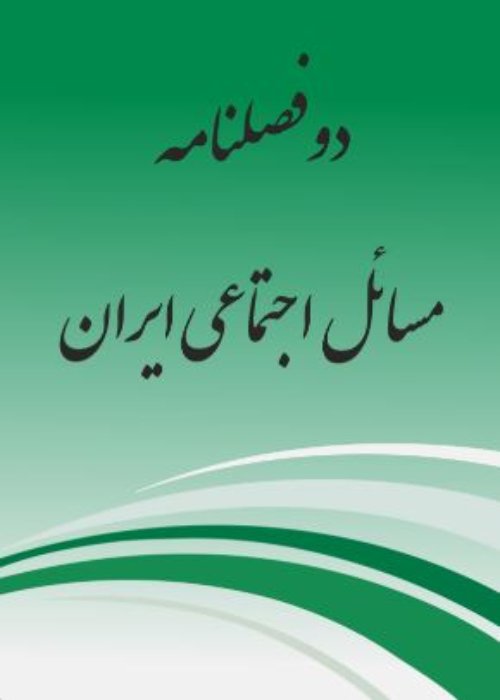The ups and downs of trust in Iran during the last half century:A look at trends, causes, and consequences
The existing data for the past few decades indicate that the Iranian society is struggling with a widespread crisis of trust. The global distribution of trust based on WVS data shows Iran among the low-trust countries (with 15% of population trusting others), while other societies such as Scandinavian countries, the Netherlands, and China have reported trust levels above 60%, others such as Australia, Canada, Switzerland, South Africa, and Vietnam are between 40 and 60%, and scores of less than 10% have been reported for low-trusting countries such as some African countries and the new states formed out of the former Yugoslavia that have either experienced a civil war, genocide, or are run by drug cartels. In this article, we have studied the changes in the level of trust in three areas – general trust, political trust, and institutional trust. The empirical data show a decline in all these three areas. What adds to the seriousness of this declining trust is the close association between trust and other indicators of societal well-being. We have discussed the implications of this situation by placing the empirical findings in two conceptual frameworks. In one framework -- in which the society is understood as a triangle of state, market, and community – the decline of trust is taken as a sign of the decline of community and, consequently, the rise of the power of state and market. This is reflected at both institutional and individual levels, as evident in the rise of ‘governmental-public-sector’ and ‘selfish individualism’. In the second framework, the findings are situated in a 2X2 matrix of high/low social/political trust. Of the four possible combinations in this matrix, the situation in Iran seems to be corresponding with a low/low combination on both dimensions, the most likely outcomes of which are crisis and chaos/disintegration. Altogether, the data indicate that Iran is facing a deep, serious, and worrisome crisis of trust -- a situation that requires a thorough and well-thought response based on a scientifically robust, precise, and empirical account of the current situation. This article is a step in that direction.
- حق عضویت دریافتی صرف حمایت از نشریات عضو و نگهداری، تکمیل و توسعه مگیران میشود.
- پرداخت حق اشتراک و دانلود مقالات اجازه بازنشر آن در سایر رسانههای چاپی و دیجیتال را به کاربر نمیدهد.


